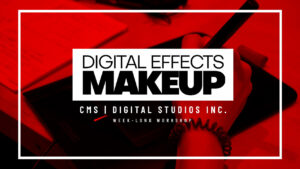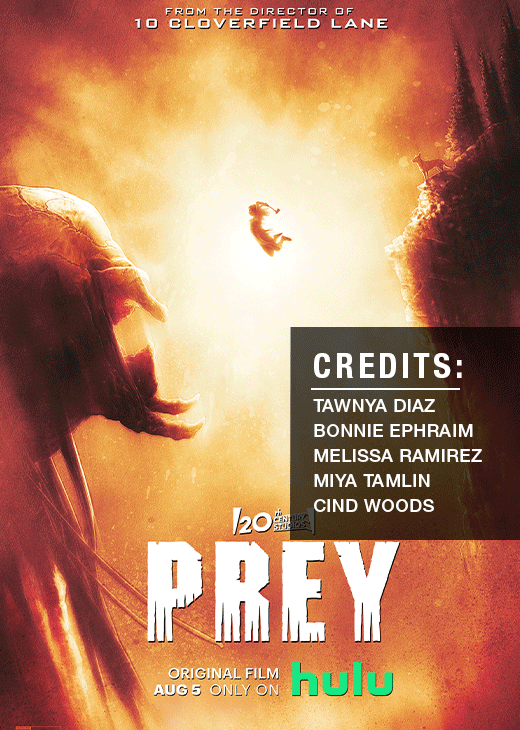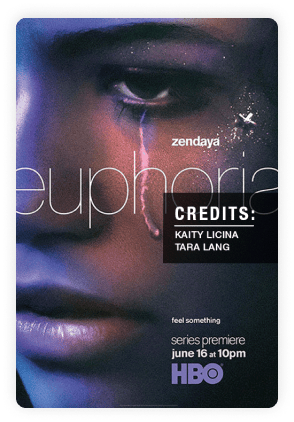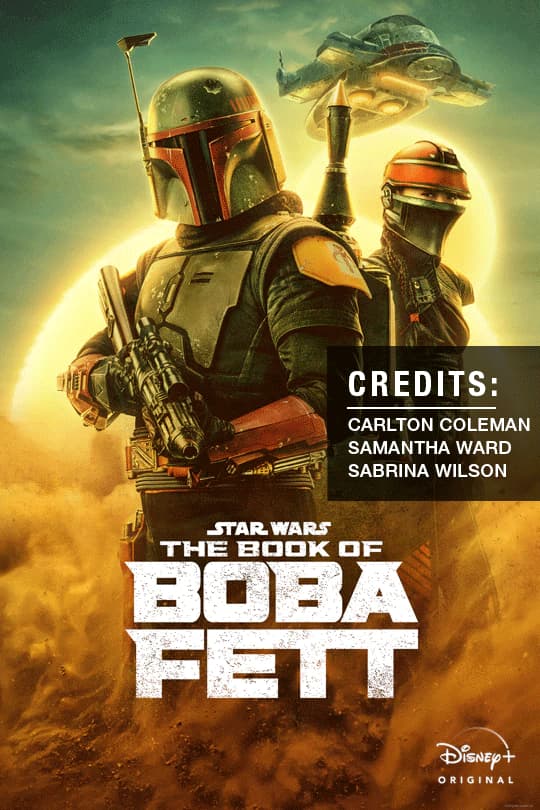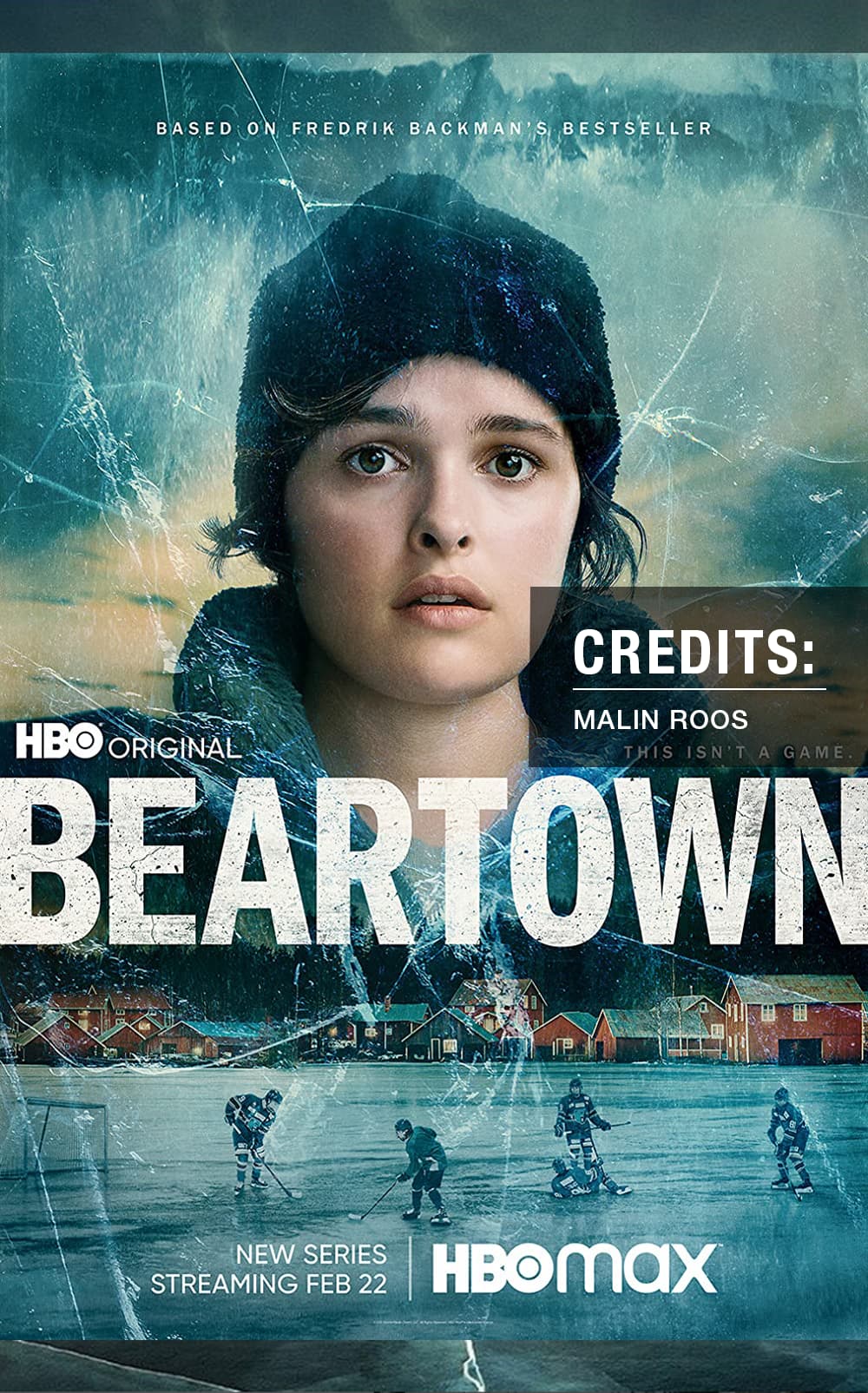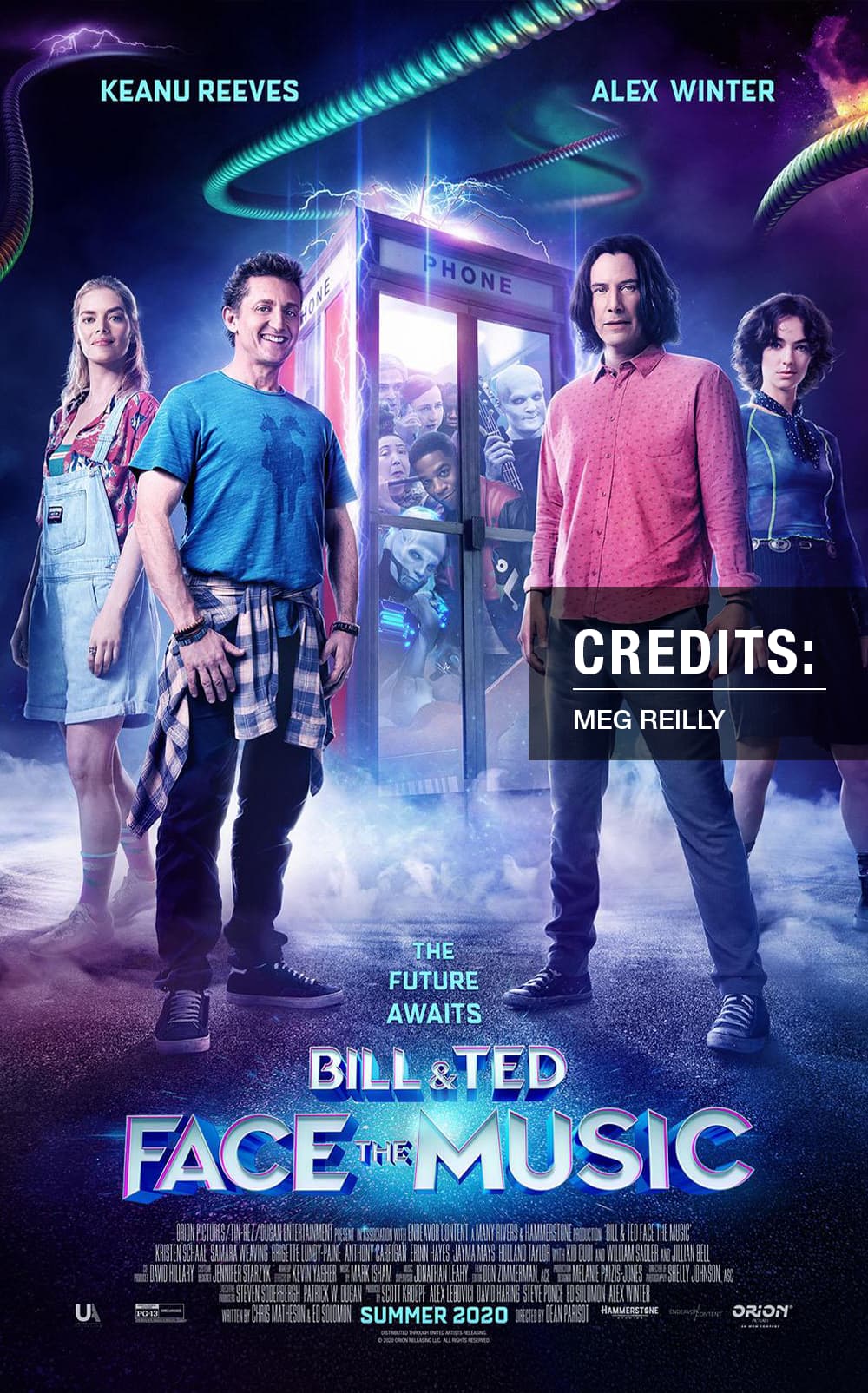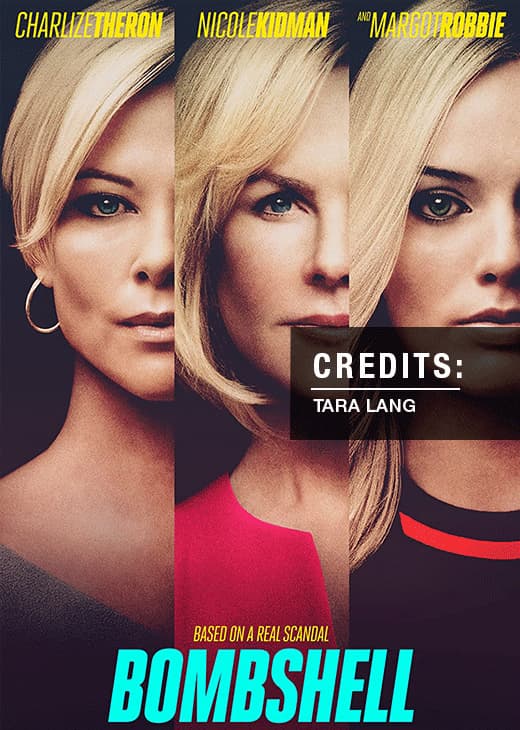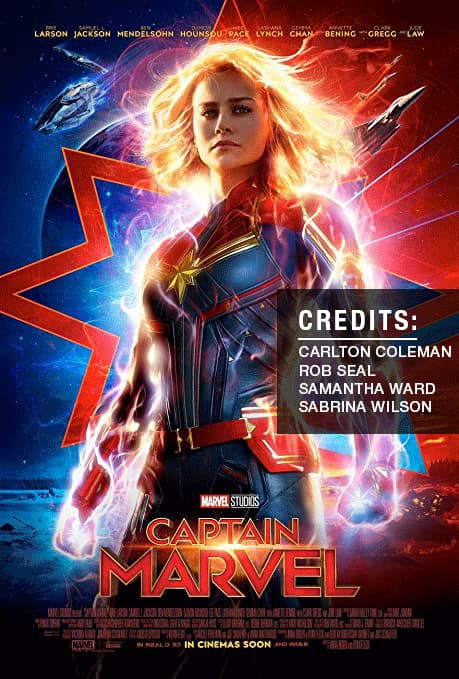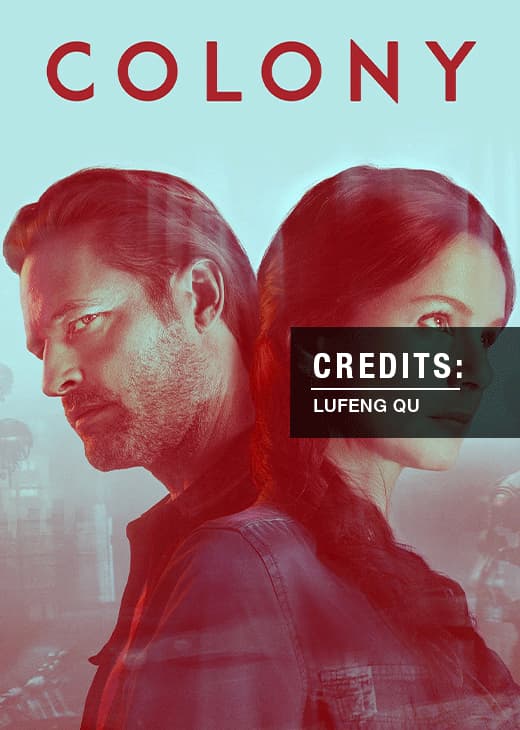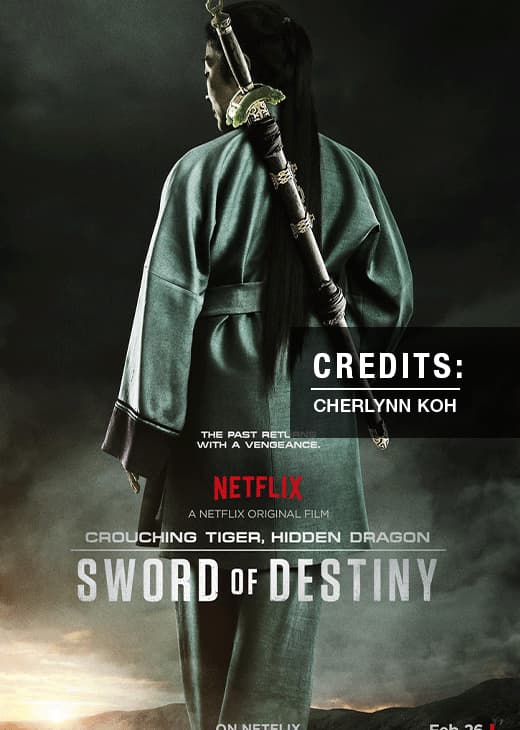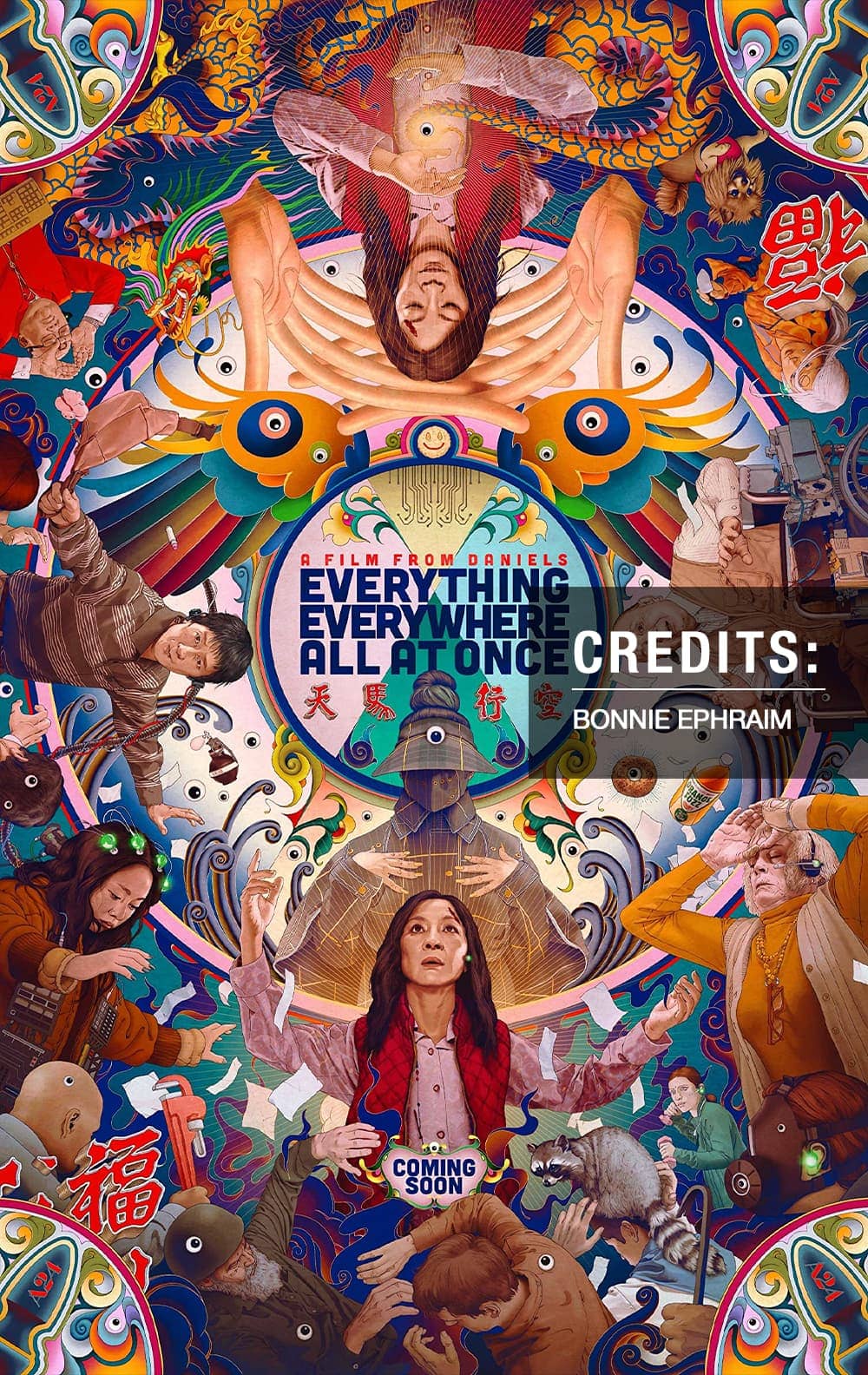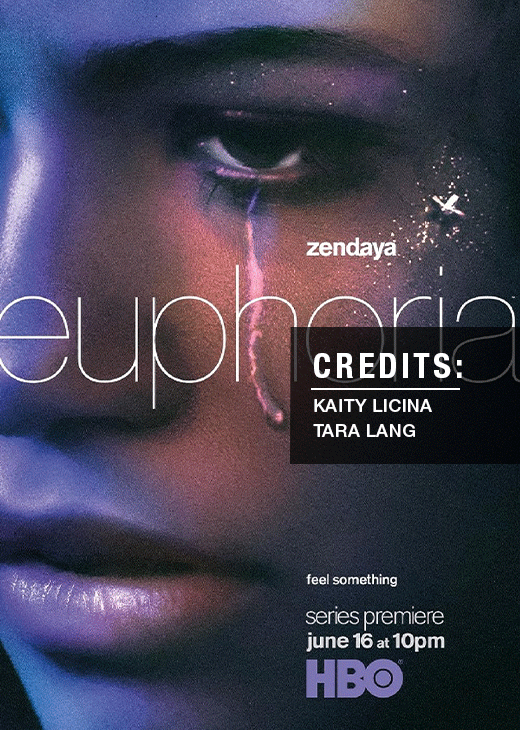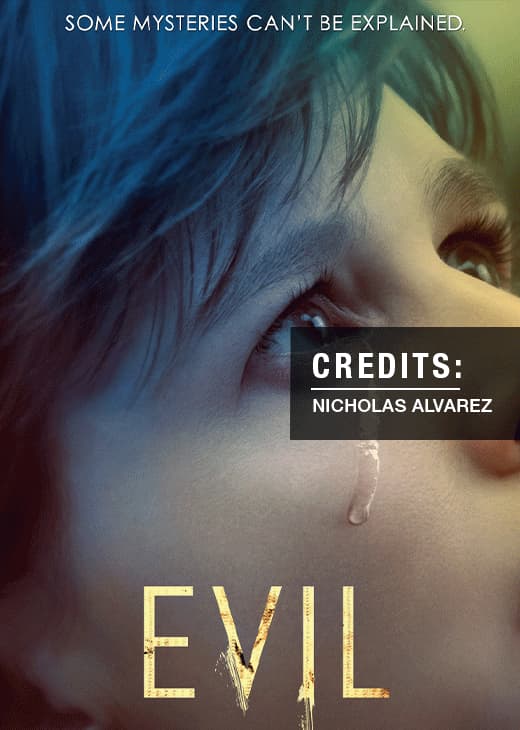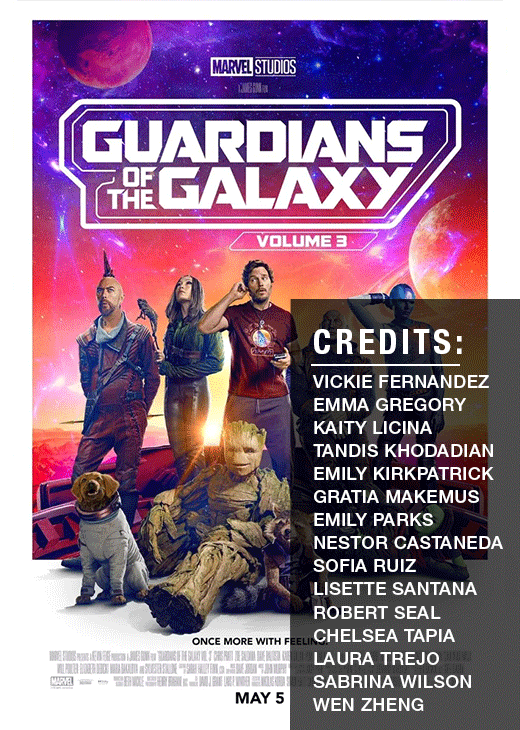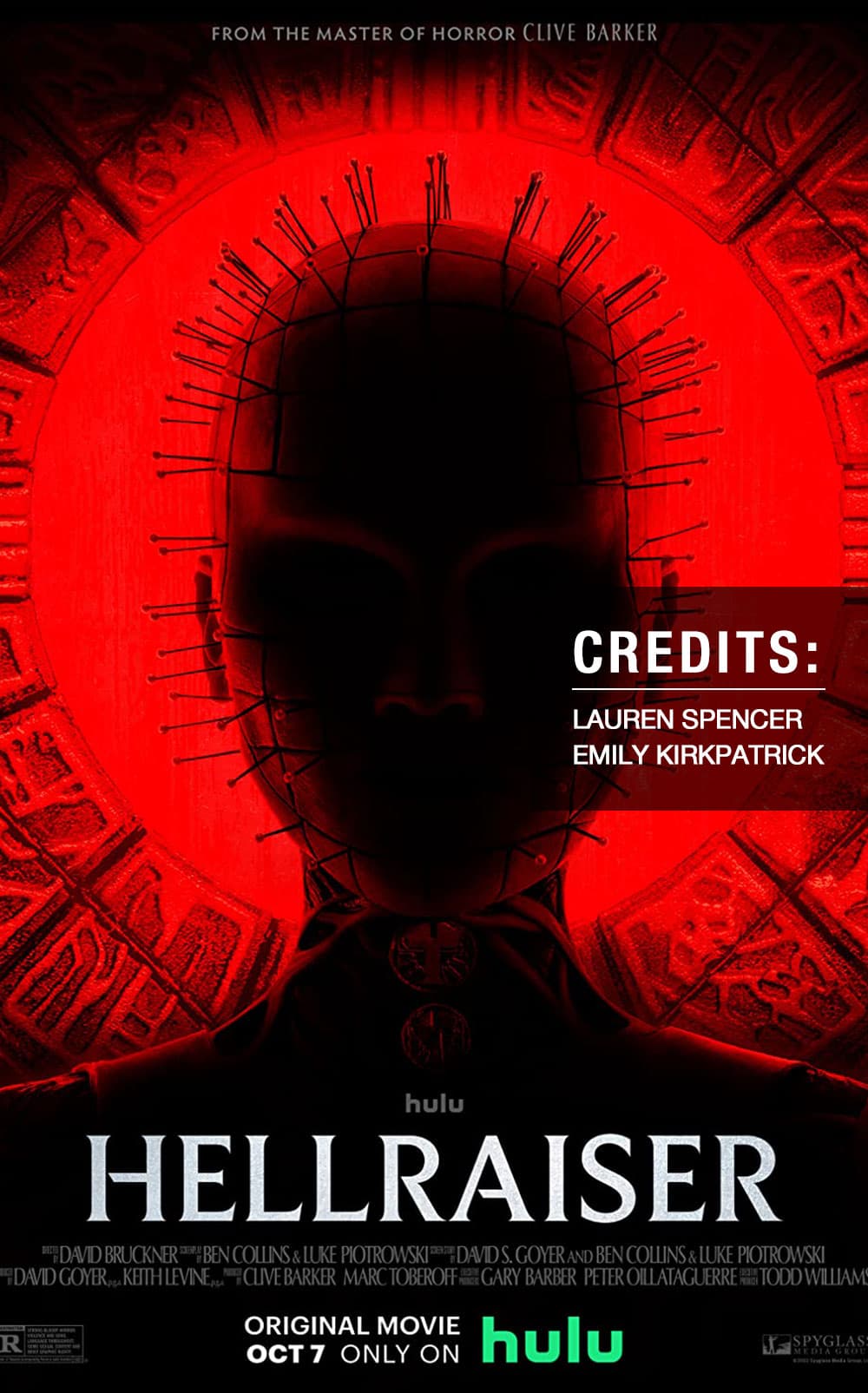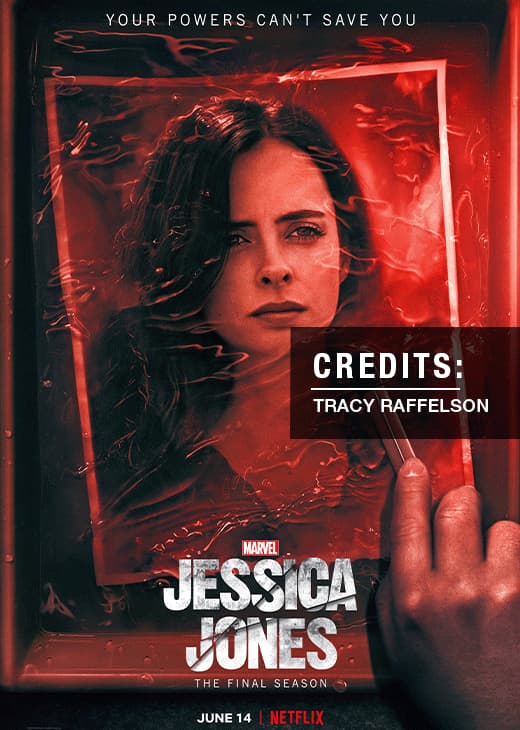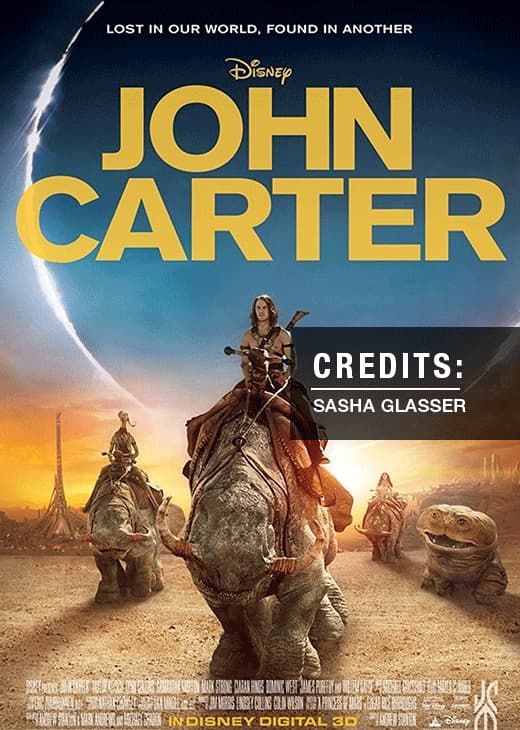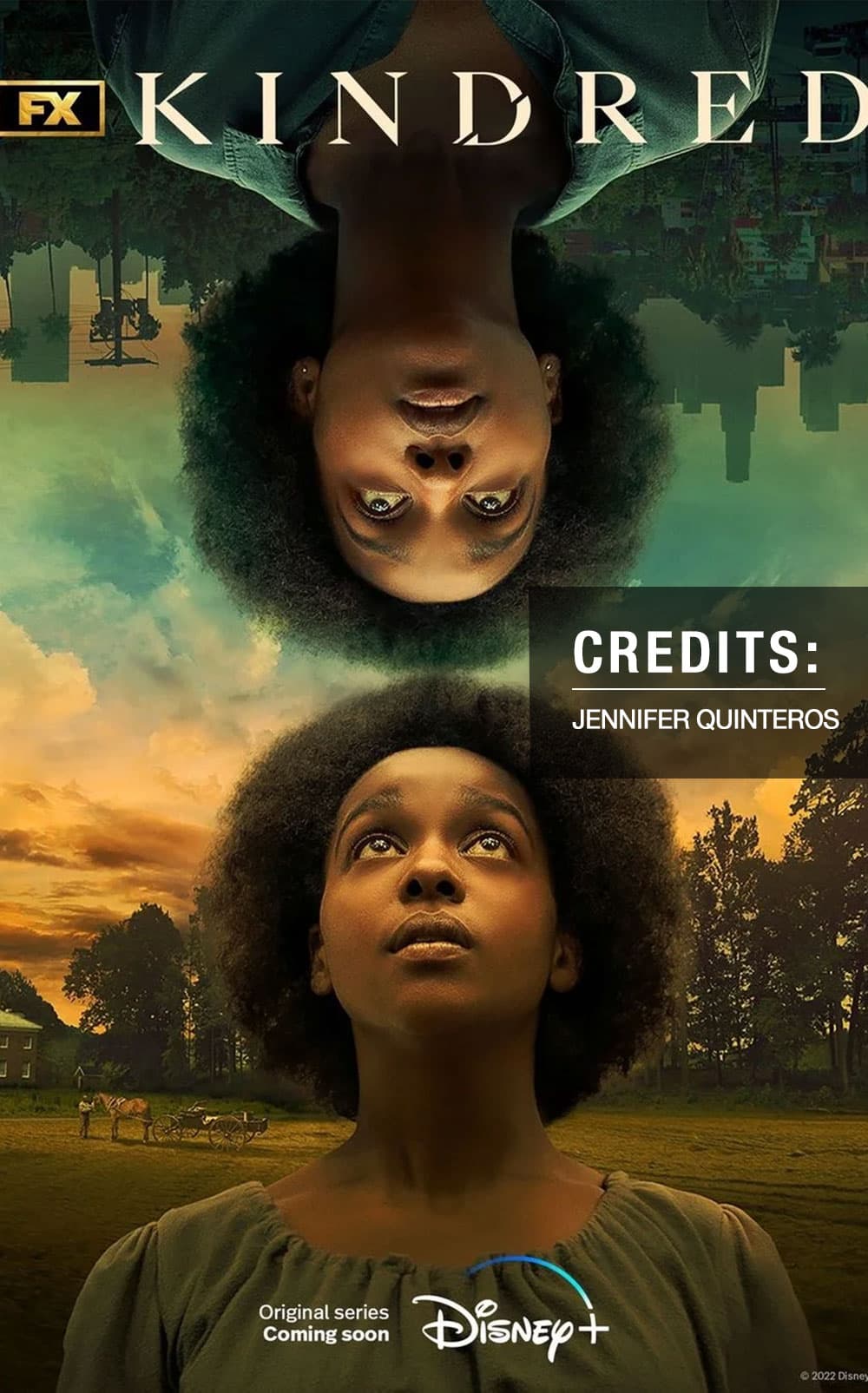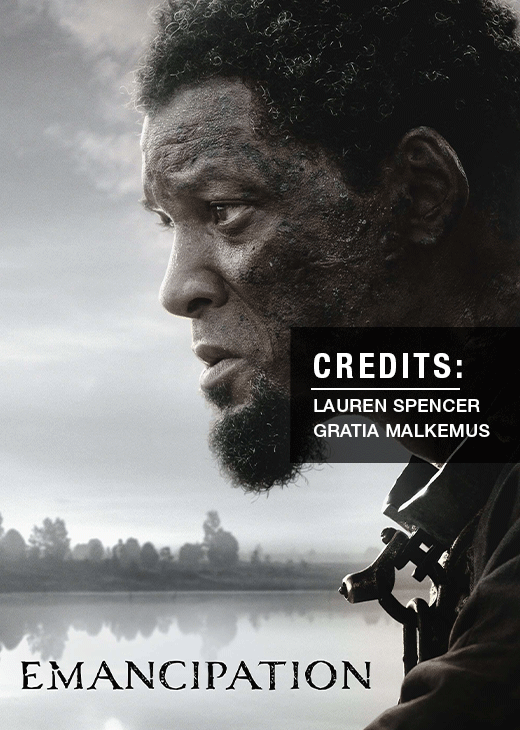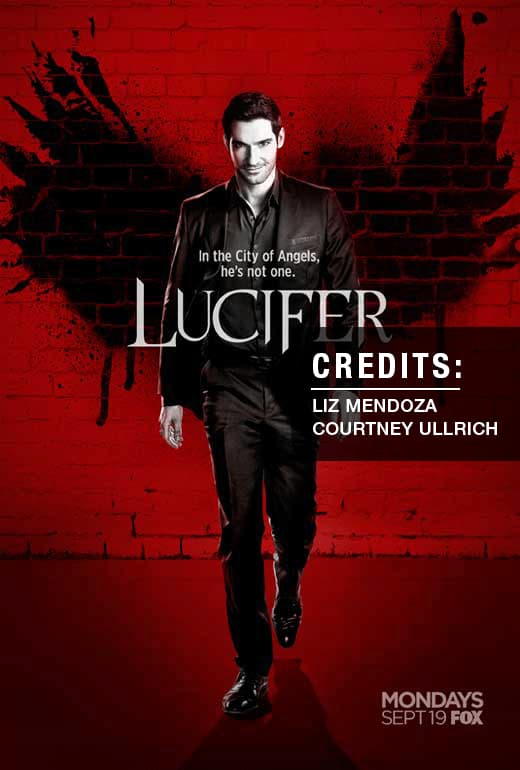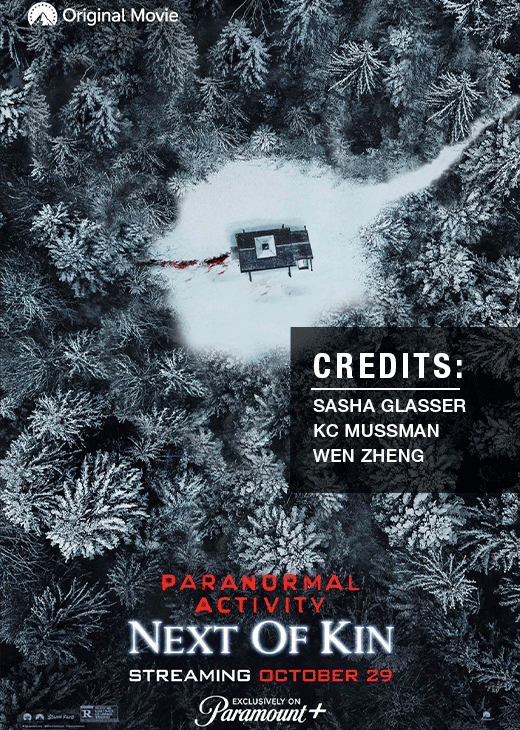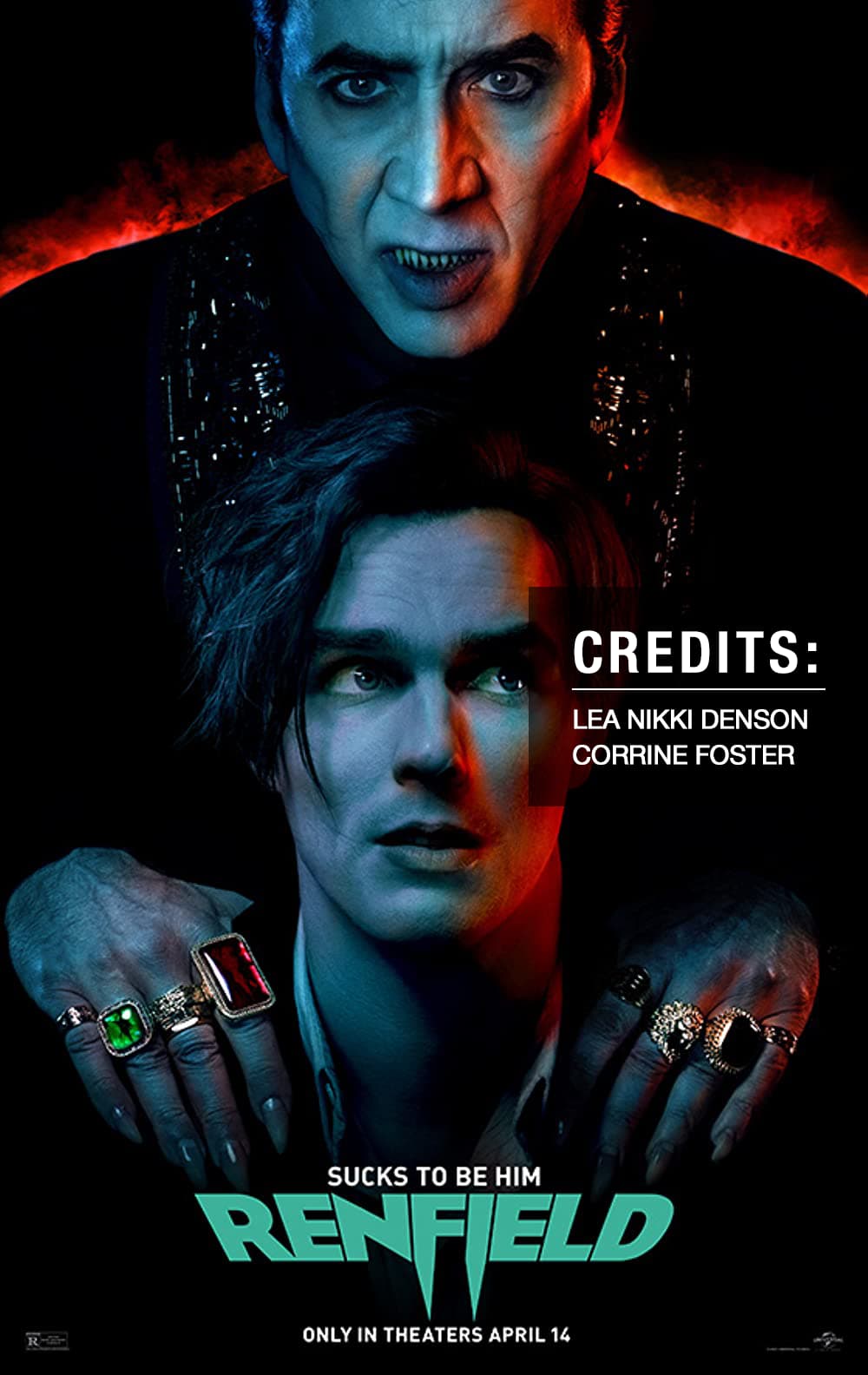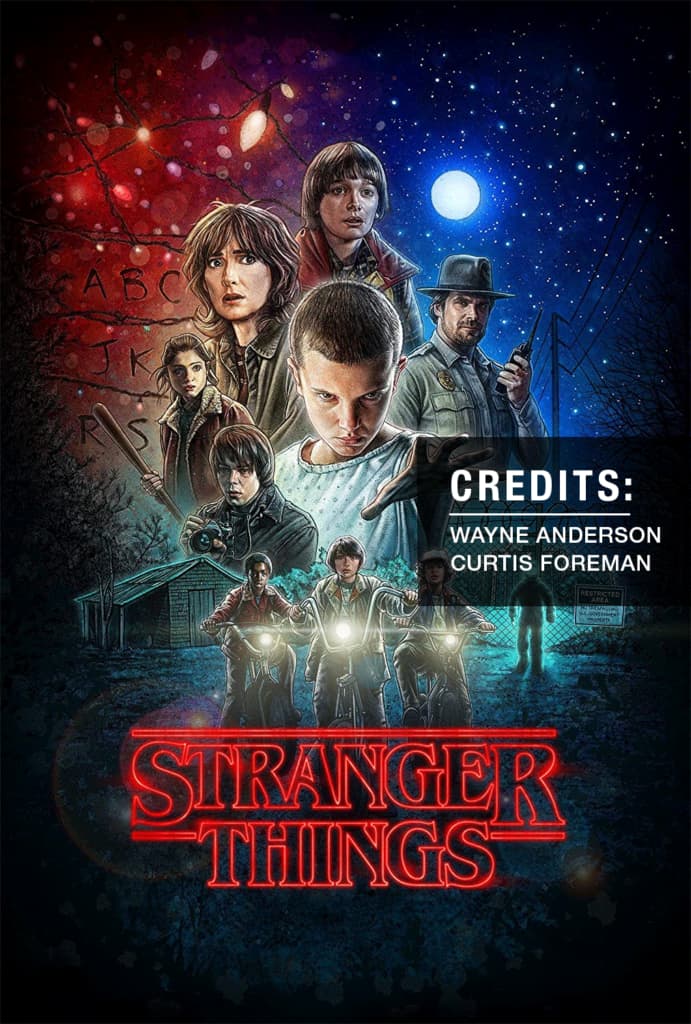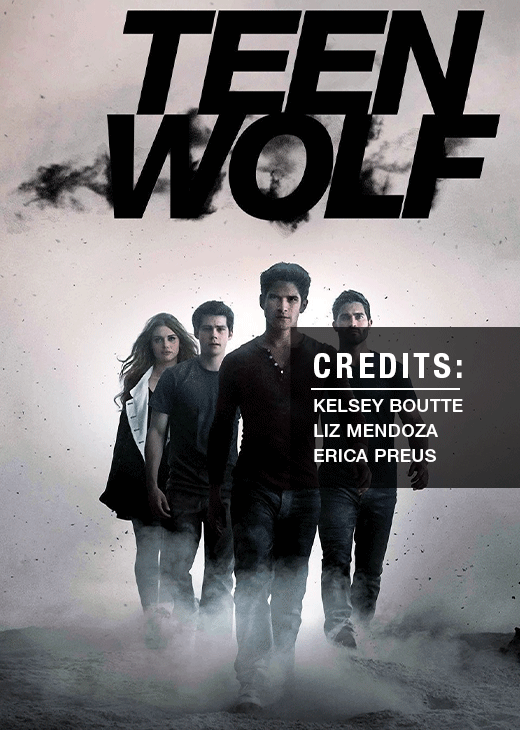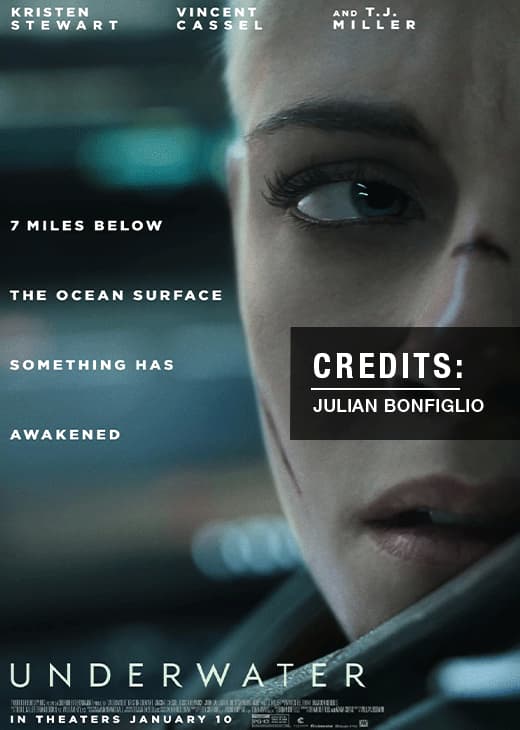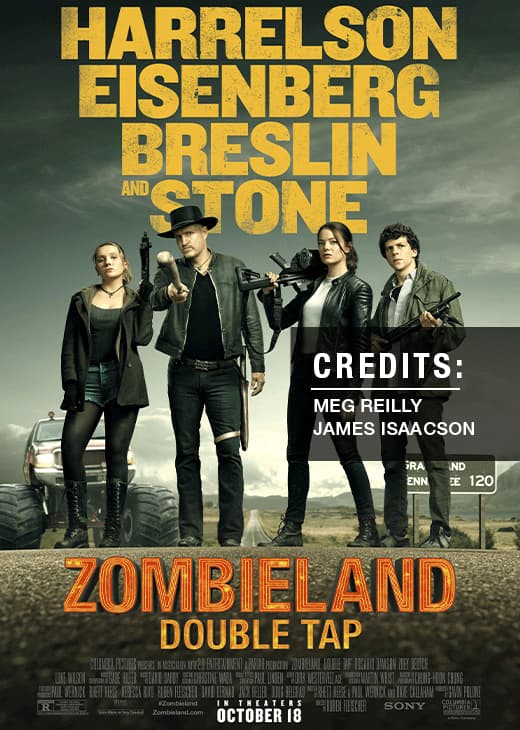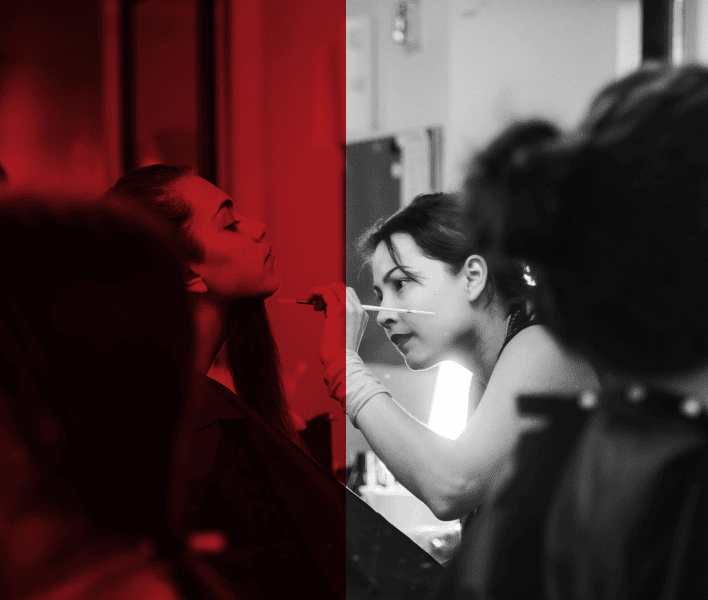In 2025, the makeup and entertainment industries continue to blend practical and digital creativity. From blockbuster movies to Instagram portfolios, artists are expected to use digital tools fluently; that’s where Digital FX (also known as Digital Effects) steps in. Mastering Digital FX gives makeup artists, concept designers and content creators a powerful edge.
Learning Digital Effects isn’t just about knowing Photoshop; it’s about staying relevant, speeding up workflows and delivering polished, professional work across formats. If you want to evolve with the industry, now is the time to explore this creative powerhouse.
Let’s explore why enrolling in a Digital FX course in 2025 is a move that can transform your career.
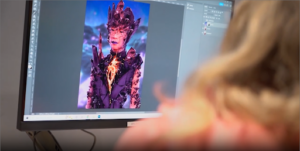
Why Should You Learn Digital Effects?
Digital Effects give you a creative edge, speed and control in today’s evolving makeup industry. From faster concept design to polished portfolio presentation, Digital FX helps you blend practical and digital artistry, work more efficiently and stay ahead, even though tools like AI are rapidly evolving.
1. To Become a Dual-Powered Creator: Practical Meets Digital
Today’s artists don’t just sculpt prosthetics; they enhance them digitally. Makeup labs and creative studios demand artists who can concept, edit and polish work across both mediums. Being able to design a prosthetic and create a matching concept art digitally makes you far more versatile.
With Digital FX skills, you can sketch digitally before sculpting, send clean visual drafts to clients and combine traditional and modern workflows seamlessly, elevating your special effects makeup skills to a whole new level.
2. Digital FX Skills Give You a Creative Advantage That Lasts
In today’s makeup and design industries, being skilled with brushes and prosthetics is no longer enough. Digital FX training equips you with the ability to visualize, refine and present your work at a much higher level.
These skills allow you to:
- Create detailed concept art before sculpting
- Retouch photos to showcase your work professionally
- Communicate clearly with directors, editors and clients
- Build polished portfolios that grab attention
3. Speed Up Concept Creation for SFX and Creature Design
Designing monsters, aliens, or sci-fi characters used to require weeks of sketches and approvals. Not anymore.
Studios now want editable concept art fast. Deadlines are quicker and feedback comes faster than ever. With Digital FX skills, artists can create, modify and deliver detailed concept pieces quickly, thanks to smart layering, recoloring tools and digital brushes.
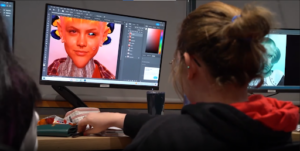
4. Make Your Portfolio Stand Out with Pro-Level Retouching
Your portfolio represents your artistry. If your images are poorly lit, cluttered, or unbalanced, it affects how your work is perceived, no matter how good the makeup was in person.
Learning digital retouching gives you the power to present your work at its best. Using professional techniques and digital tools, you’ll be able to:
- Fix lighting and shadows
- Adjust skin tones
- Correct color balance
- Remove distractions
- Add texture and depth
The result? A professional-looking portfolio that captures your skills and attention to detail.
5. To Streamline Your Workflow and Save Time
Learning Digital FX gives you more than creative control; it completely transforms how efficiently you work. Instead of starting every project from scratch, you’ll learn how to build with reusable file structures, smart editing techniques and non-destructive tools that save hours on each design.
With the right training, you’ll understand how to work non-destructively using adjustment layers, create reusable design elements with smart objects and speed up repetitive edits through actions and presets. Texture overlays and layered compositions let you experiment freely without starting over.
This means you can take on more projects, meet tighter deadlines and still produce high-quality results, without burning out. It’s the kind of skill that turns a good artist into a reliable, in-demand creative.
Curious how Digital FX works in real projects? Check the video –
6. You Will Stay Creatively in Control – Even as AI Evolves
One of the strongest reasons to learn Digital Effects today is to stay in command of your creative work, even as AI tools become more common. While automation can assist in certain tasks, it can’t match the trained eye, taste and decision-making of a real artist.
By learning Digital FX through professional tools like Photoshop, you’ll understand how to use AI features as creative support, not a replacement. You’ll know when to trust automation and when your artistic choices matter more. That balance keeps your work unique, intentional and professionally polished, something no AI can replicate on its own.
Check out more guides:
Career Options for Special Effects Makeup Artists
How to Create Creature Design Using Latex, Silicone & Prosthetics?
How 3D Printed Prosthetics Are Revolutionizing Movie Makeup?
Where to Start Your Digital FX Journey in 2025?
If you’re serious about stepping up your creative game, the Digital FX course at Cinema Makeup School is the perfect starting point. This intensive week-long training is designed for artists who want to blend traditional makeup techniques with digital artistry.
In just five days, you’ll build essential skills using industry tools like Wacom tablets and Adobe Photoshop, learn to create concept art, perform advanced photo retouching and manipulate layers, textures and colors like a pro. This course isn’t just about learning how to use software; it’s about building confidence to take on creative challenges in film, TV and portfolio development with ease and precision.
From concept artists to makeup designers and retouchers, the course is perfect for anyone wanting to modernize their toolkit and stay relevant in today’s fast-paced creative industry. By the end of the 40-hour course, you’ll be equipped to apply Digital FX techniques that enhance your creative work and help you stand out in competitive spaces.
Classes run Monday through Friday, right here at Cinema Makeup School in Los Angeles, California in the United States of America. Take a tour of our campus, explore real student work and see how our Digital FX course can sharpen your skills and shape your future.
FAQs
Q1. How is Digital FX different from VFX or 3D effects?
Digital FX focuses on 2D creative tools like photo editing, concept sketching, digital retouching and visual polish using Photoshop or similar programs. VFX (visual effects) usually involves motion graphics, CGI, or compositing.
Q2. What are the best tools for skin retouching in Photoshop?
Top tools include the Healing Brush, Clone Stamp, Spot Healing Brush, Frequency Separation and Dodge & Burn.
Q3. Can I learn skin retouching in Photoshop without prior experience?
Absolutely! The Digital FX course at Cinema Makeup School starts from the basics and builds toward pro-level retouching techniques. You’ll go from beginner to confident editor, even if you’ve never opened Photoshop before.

